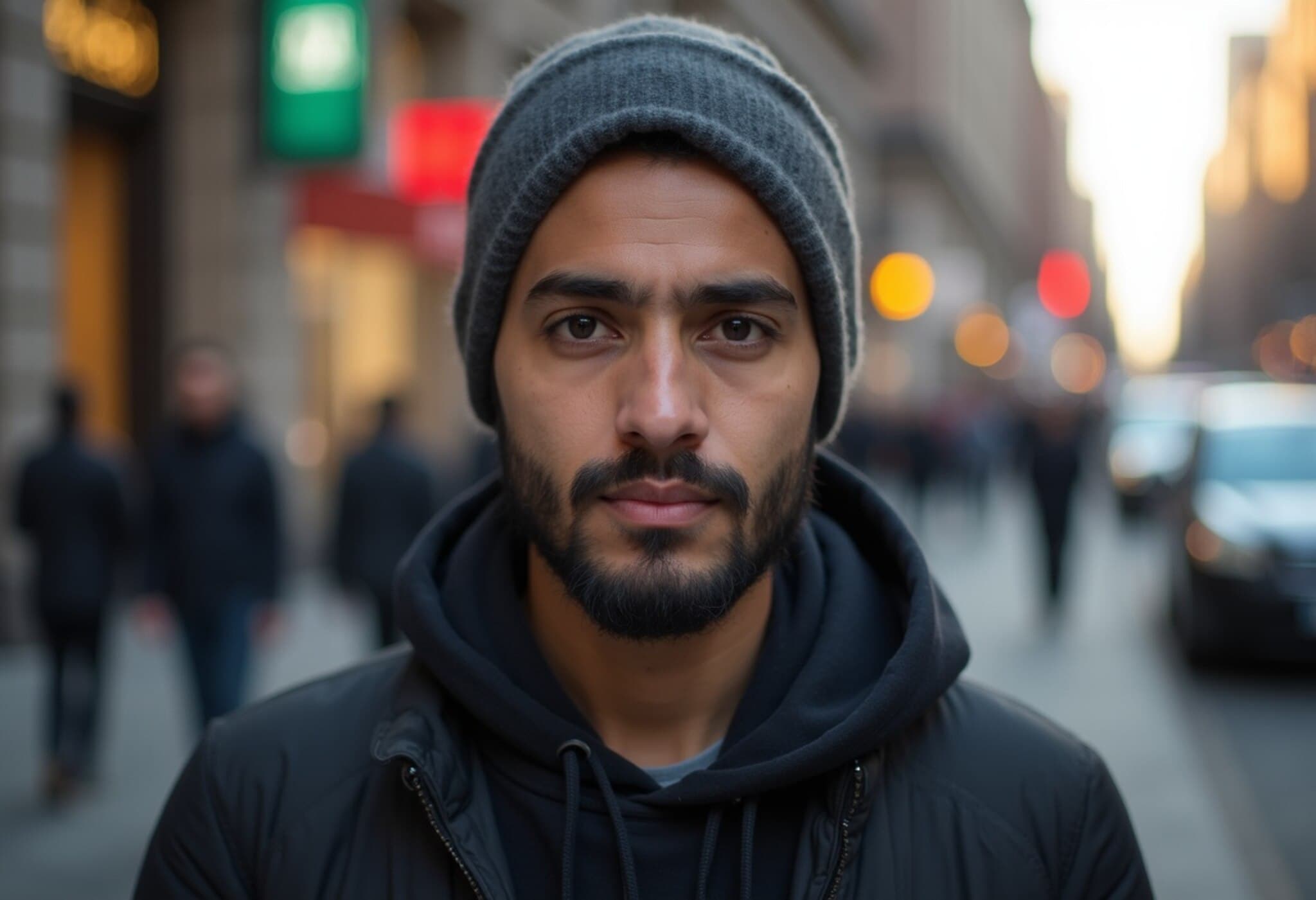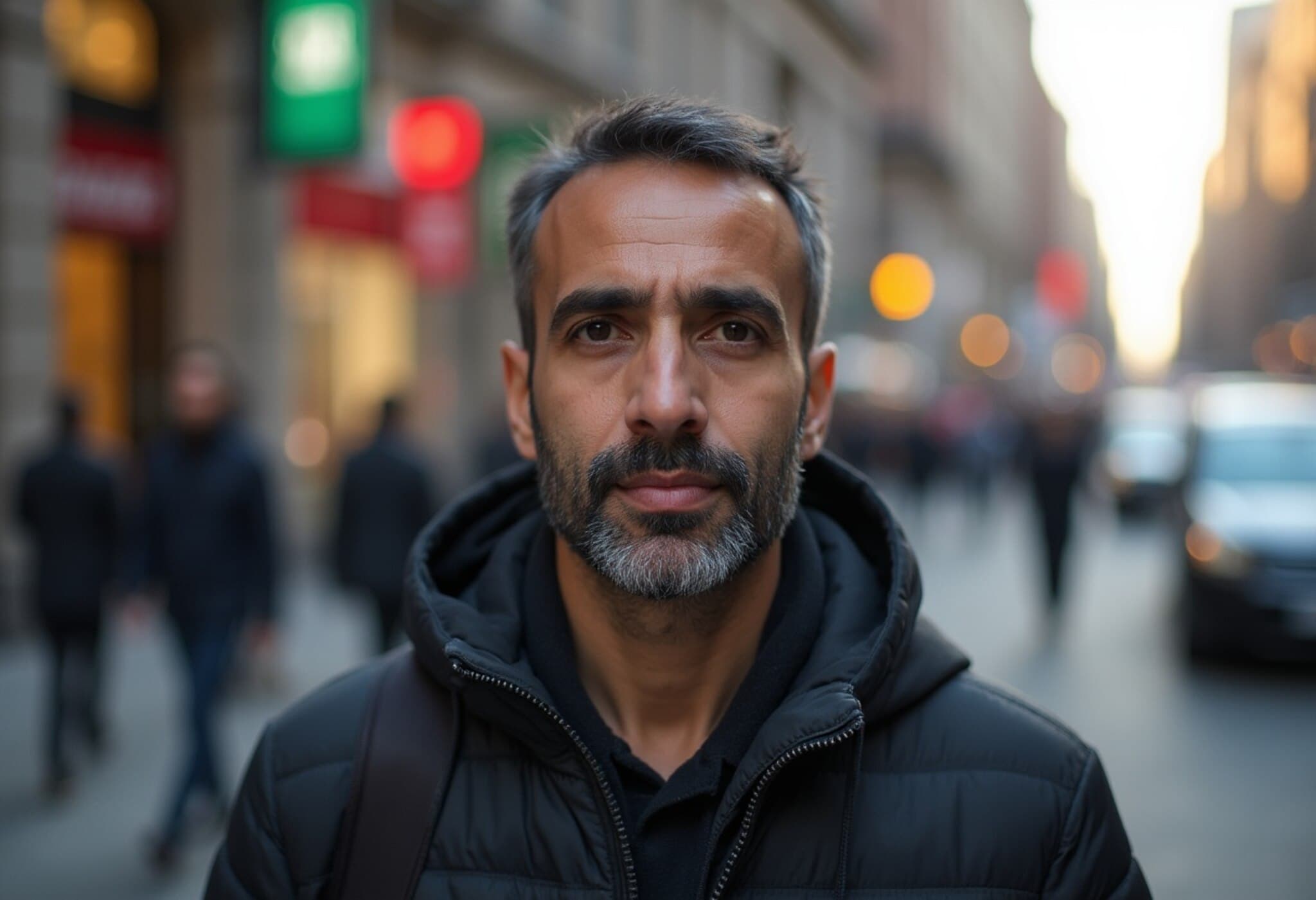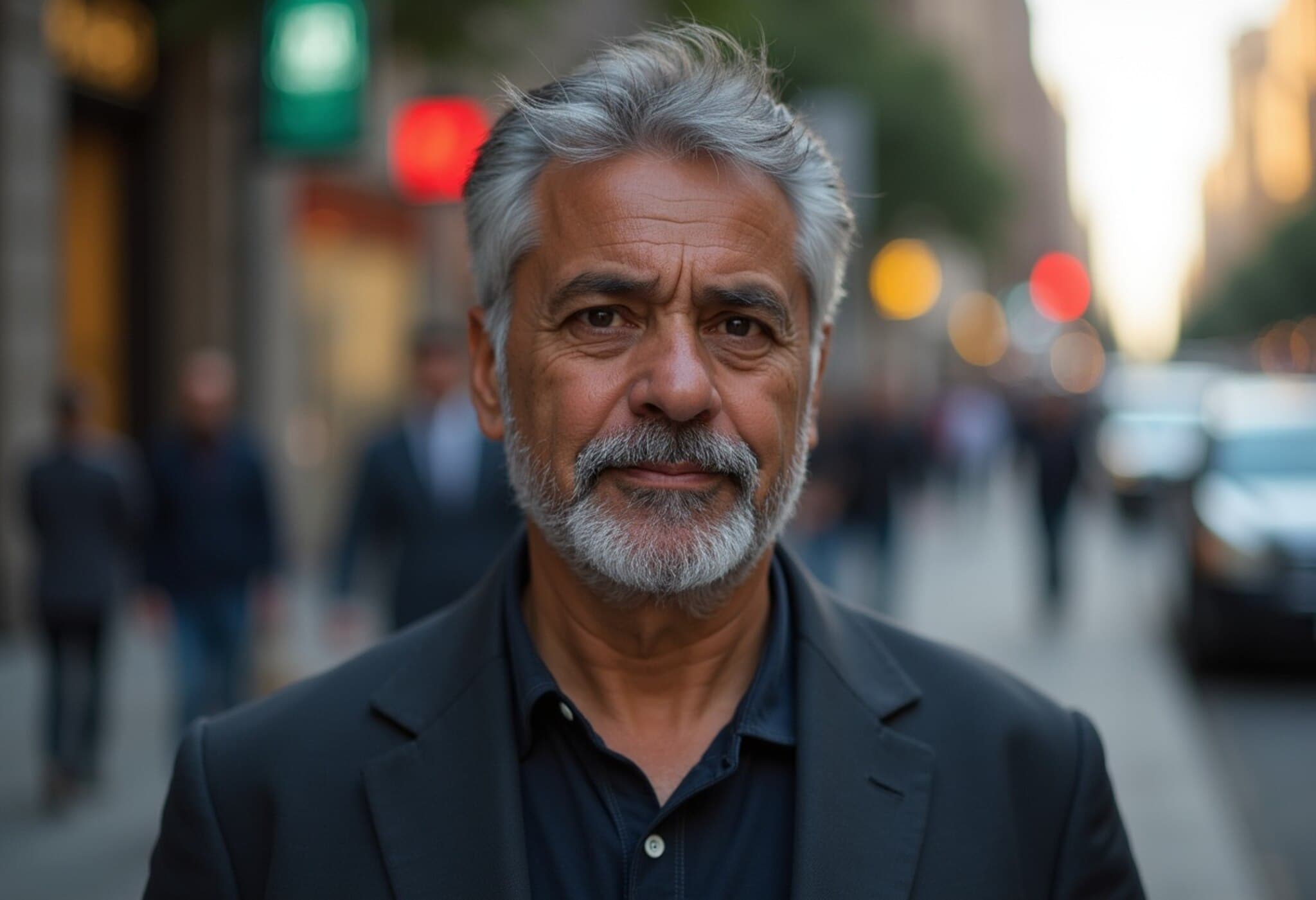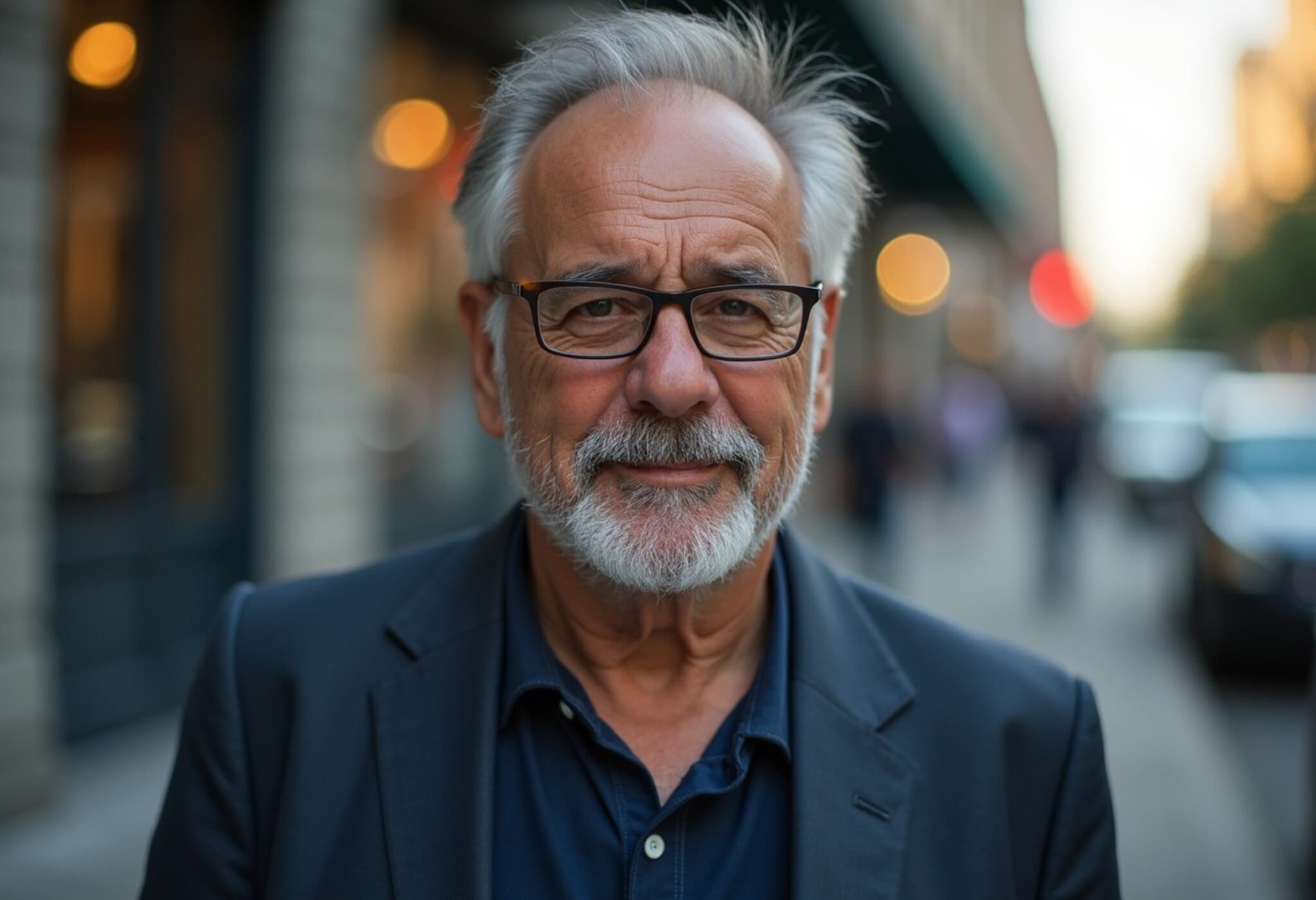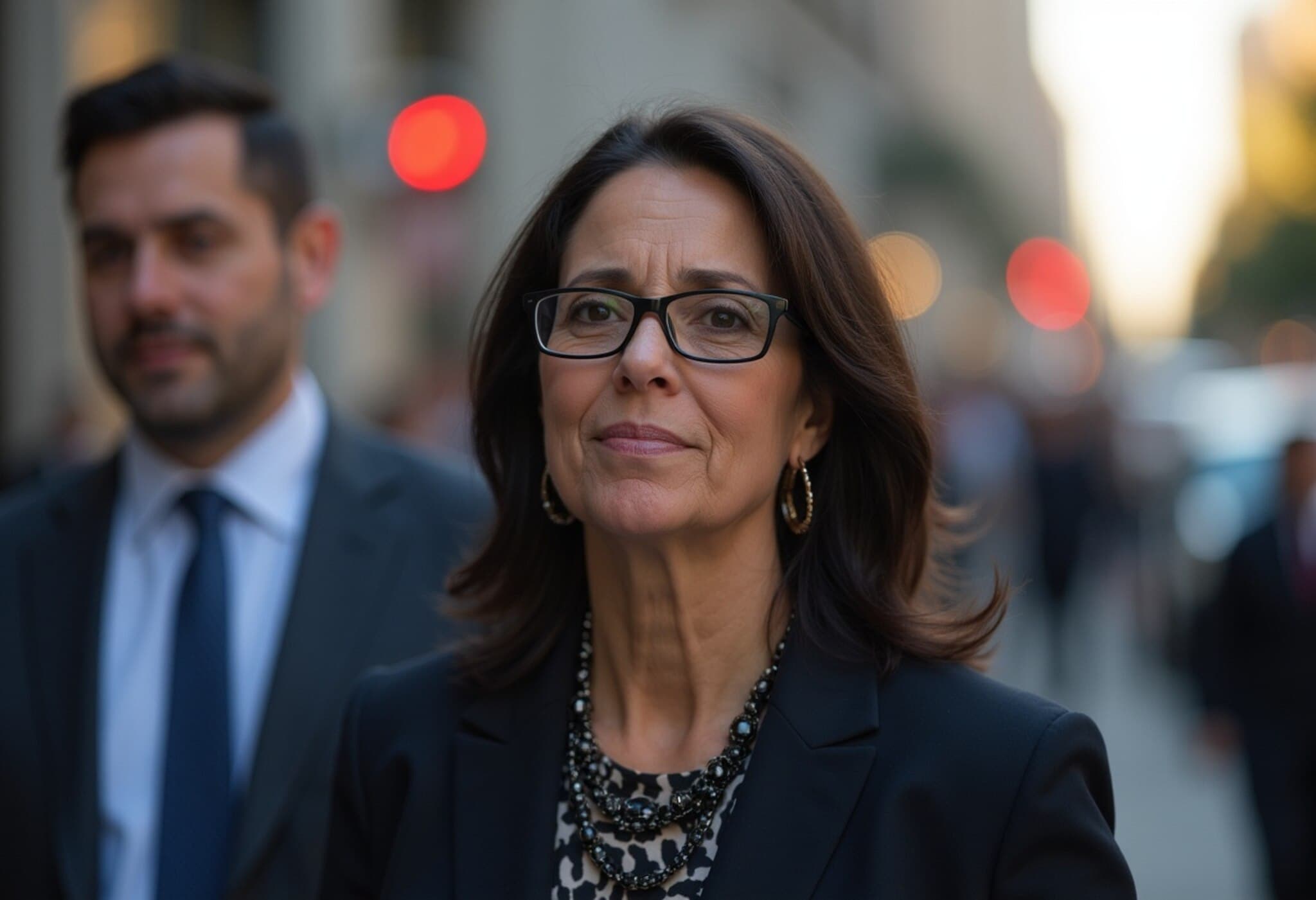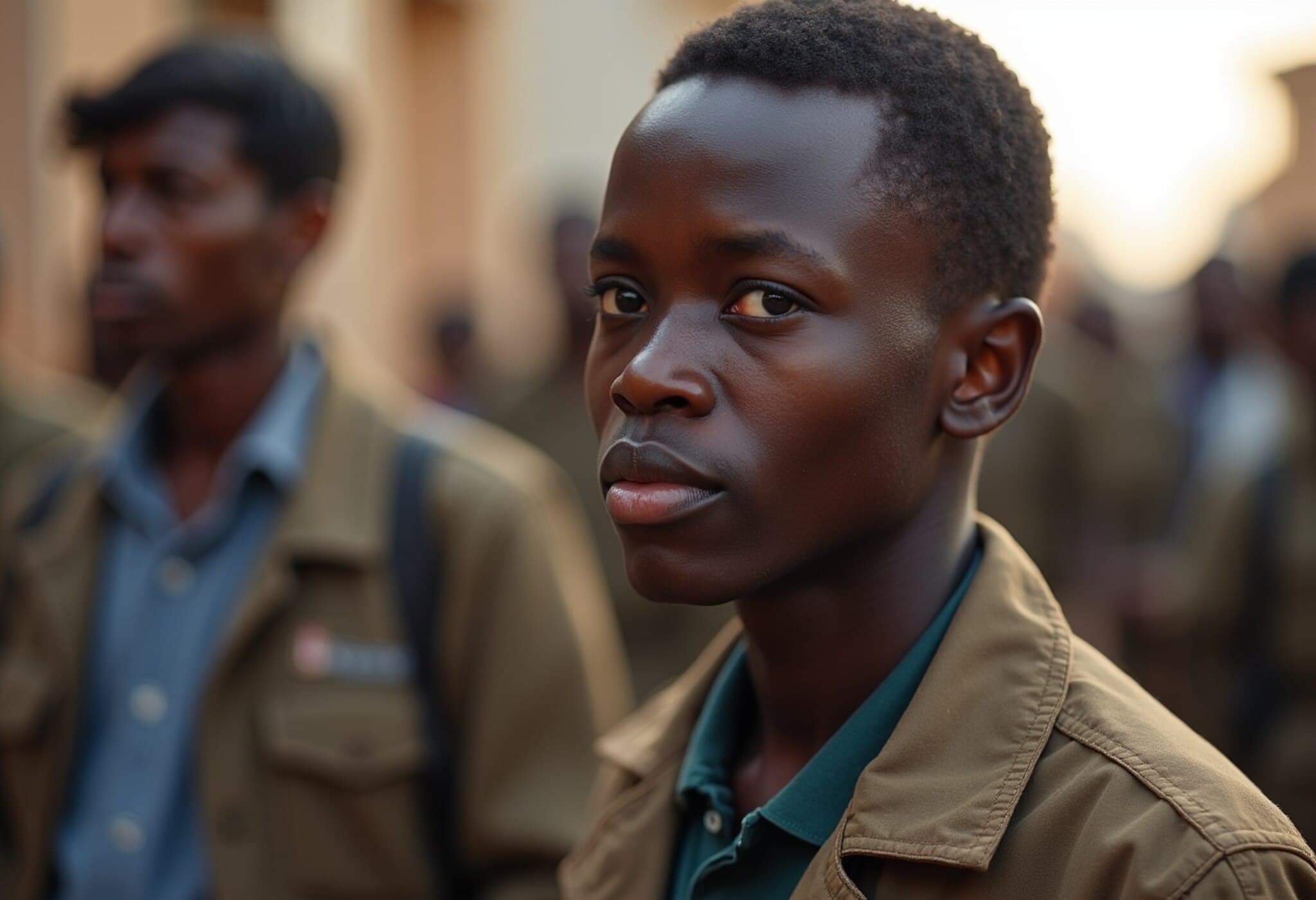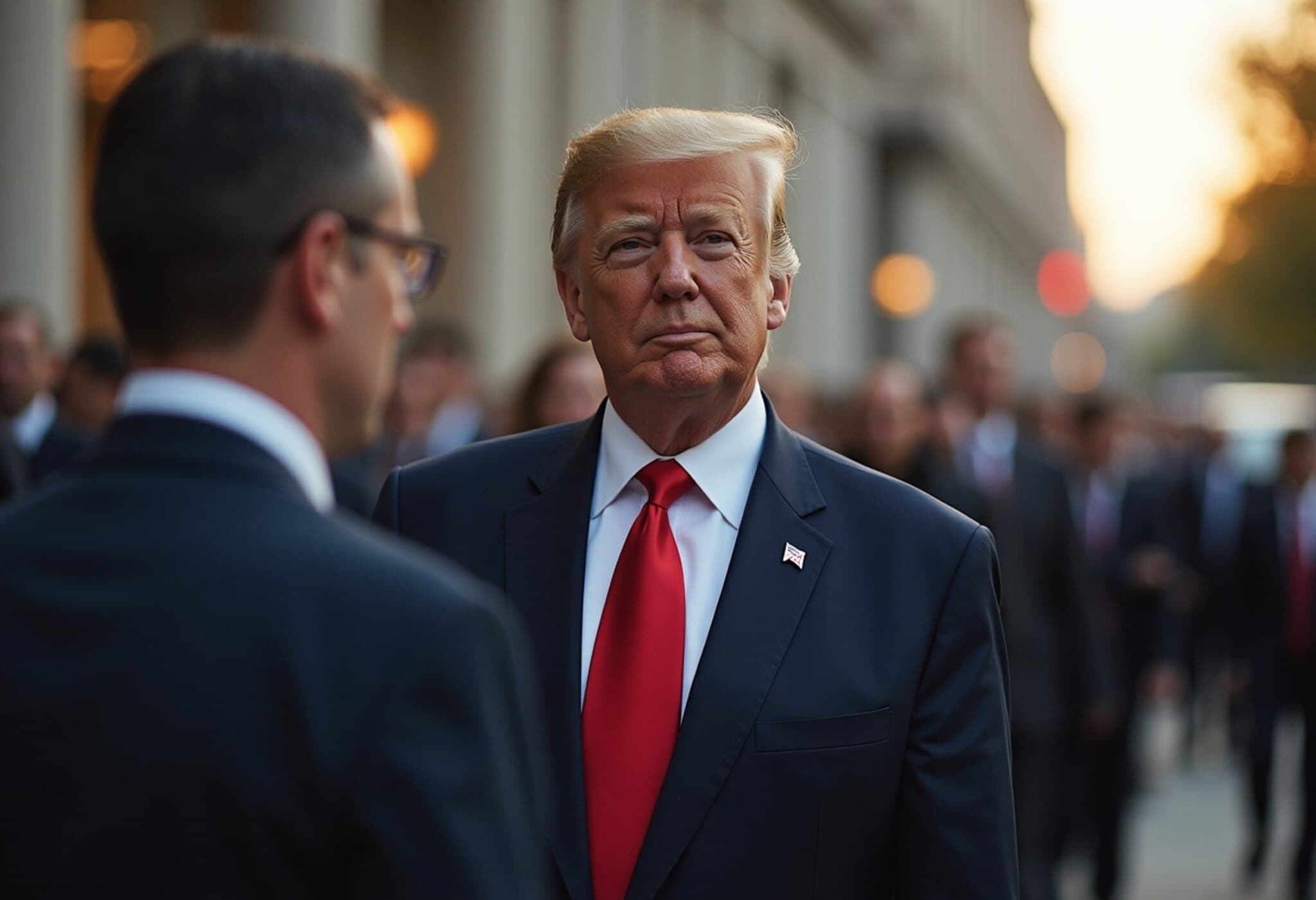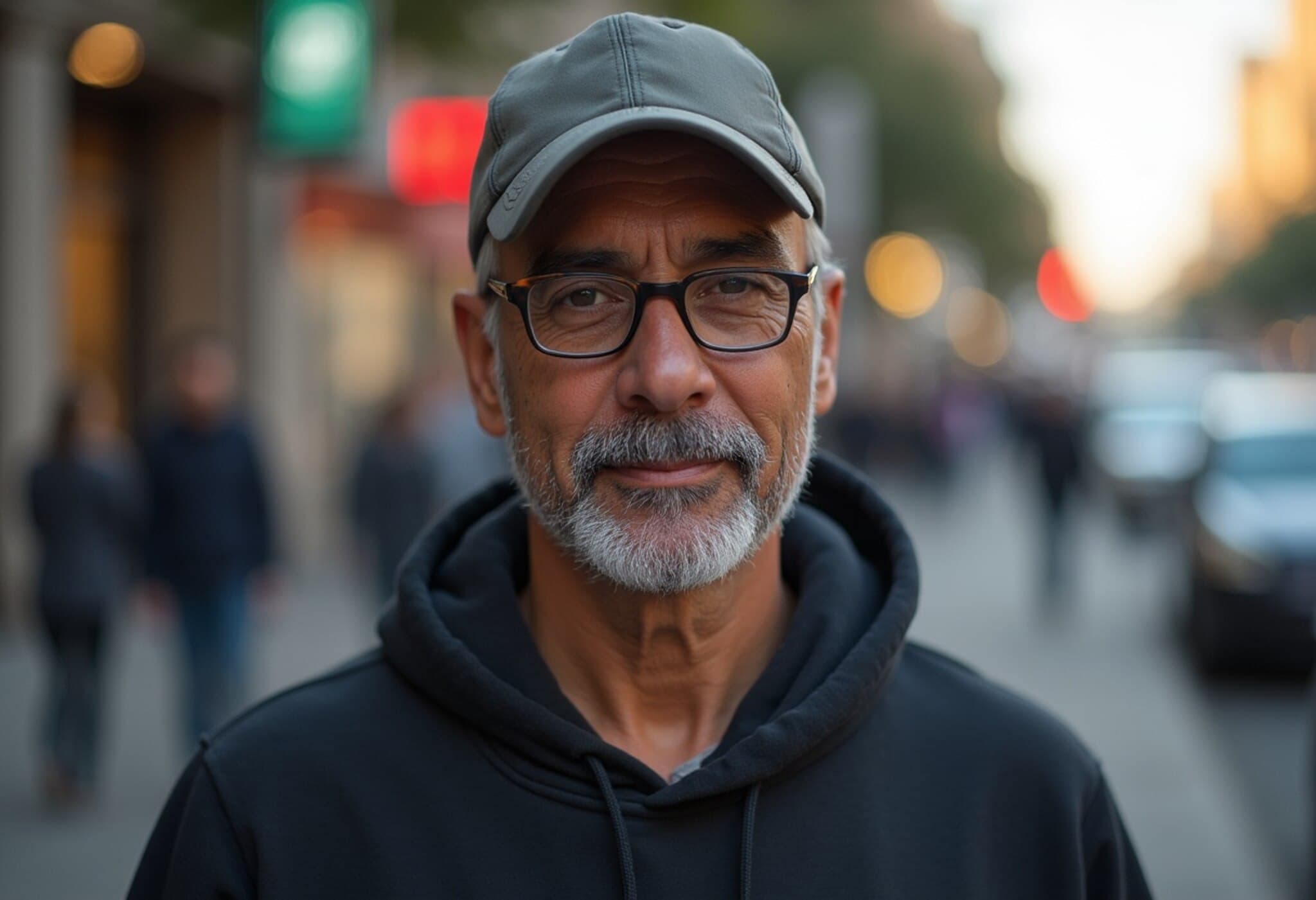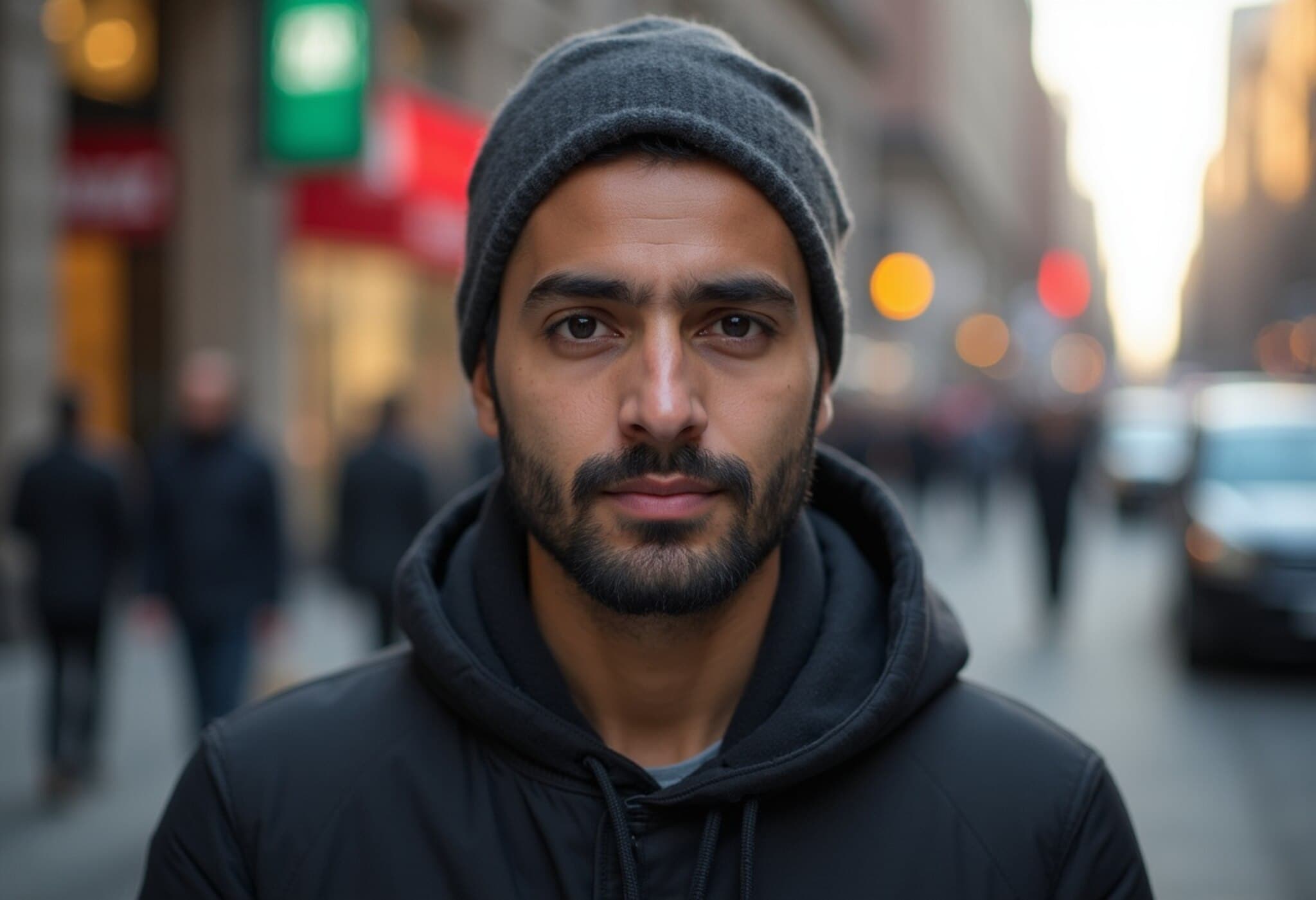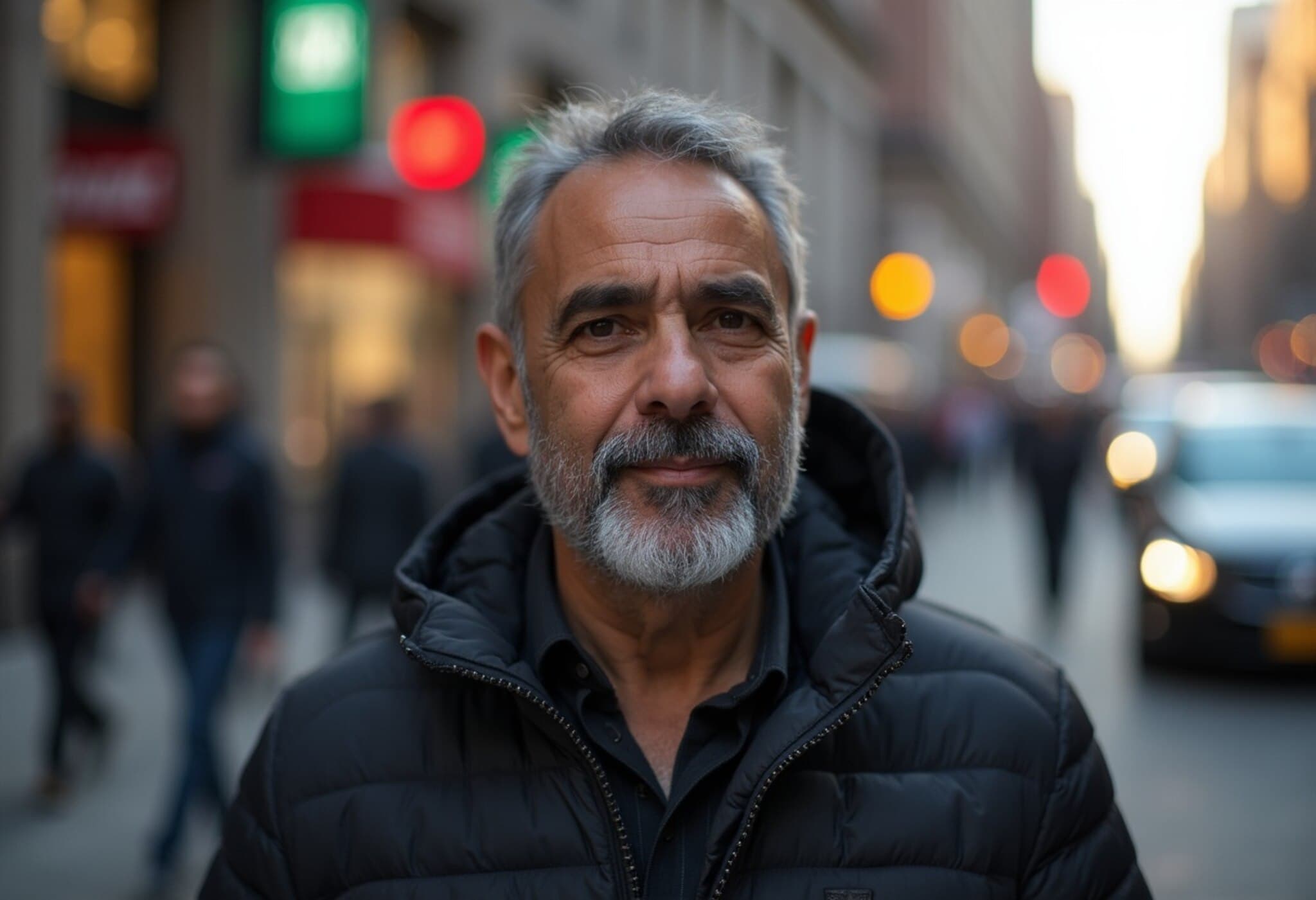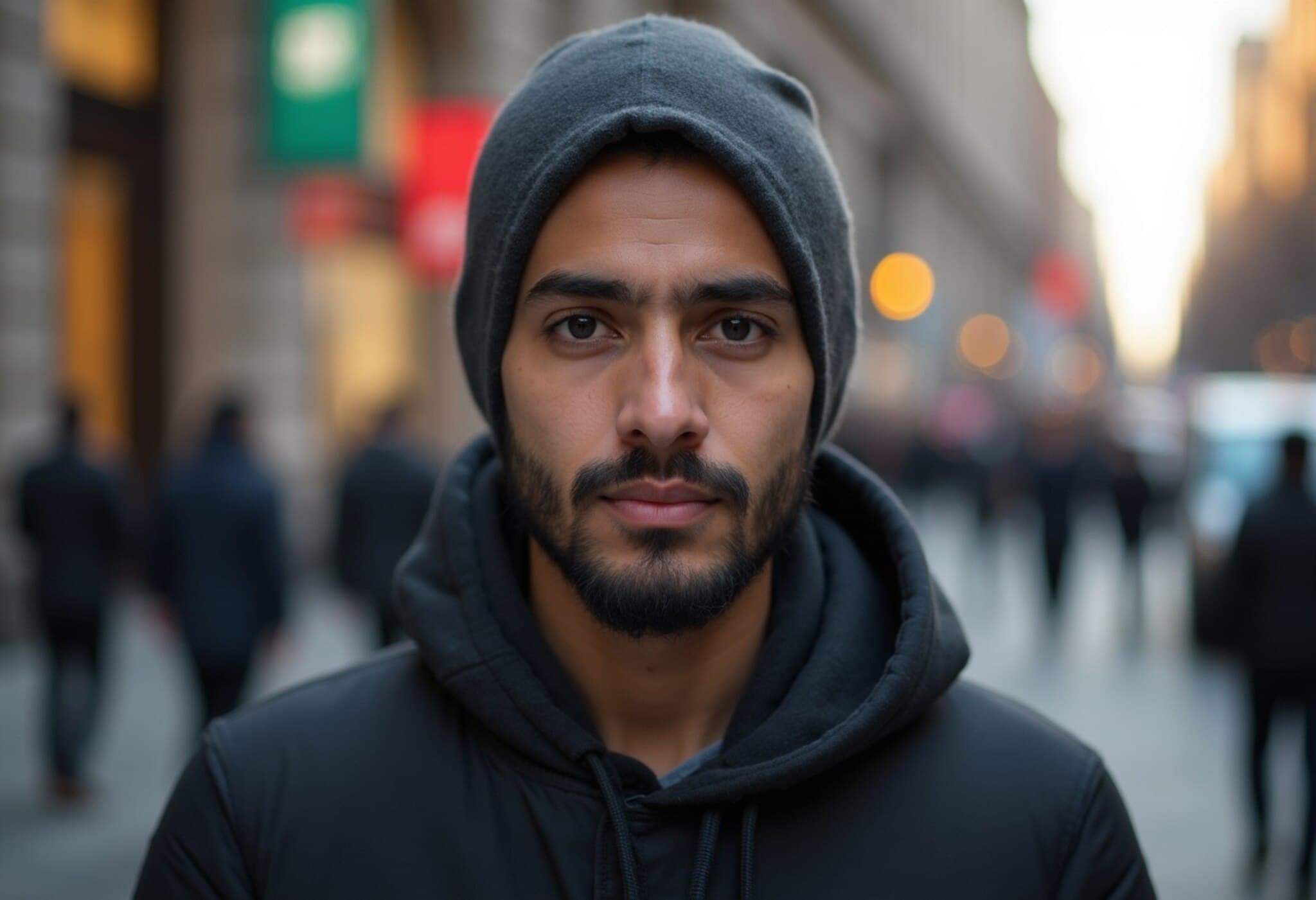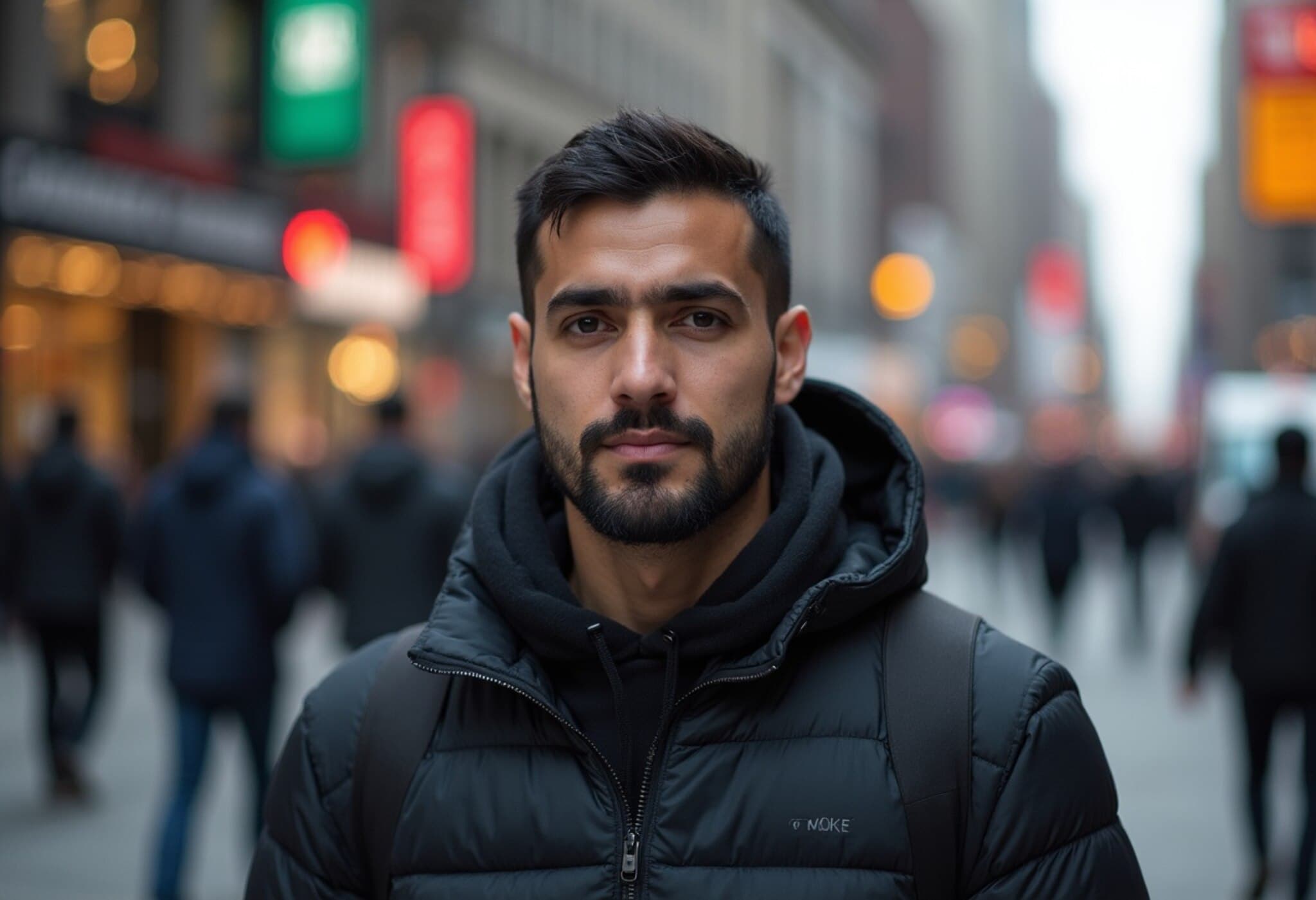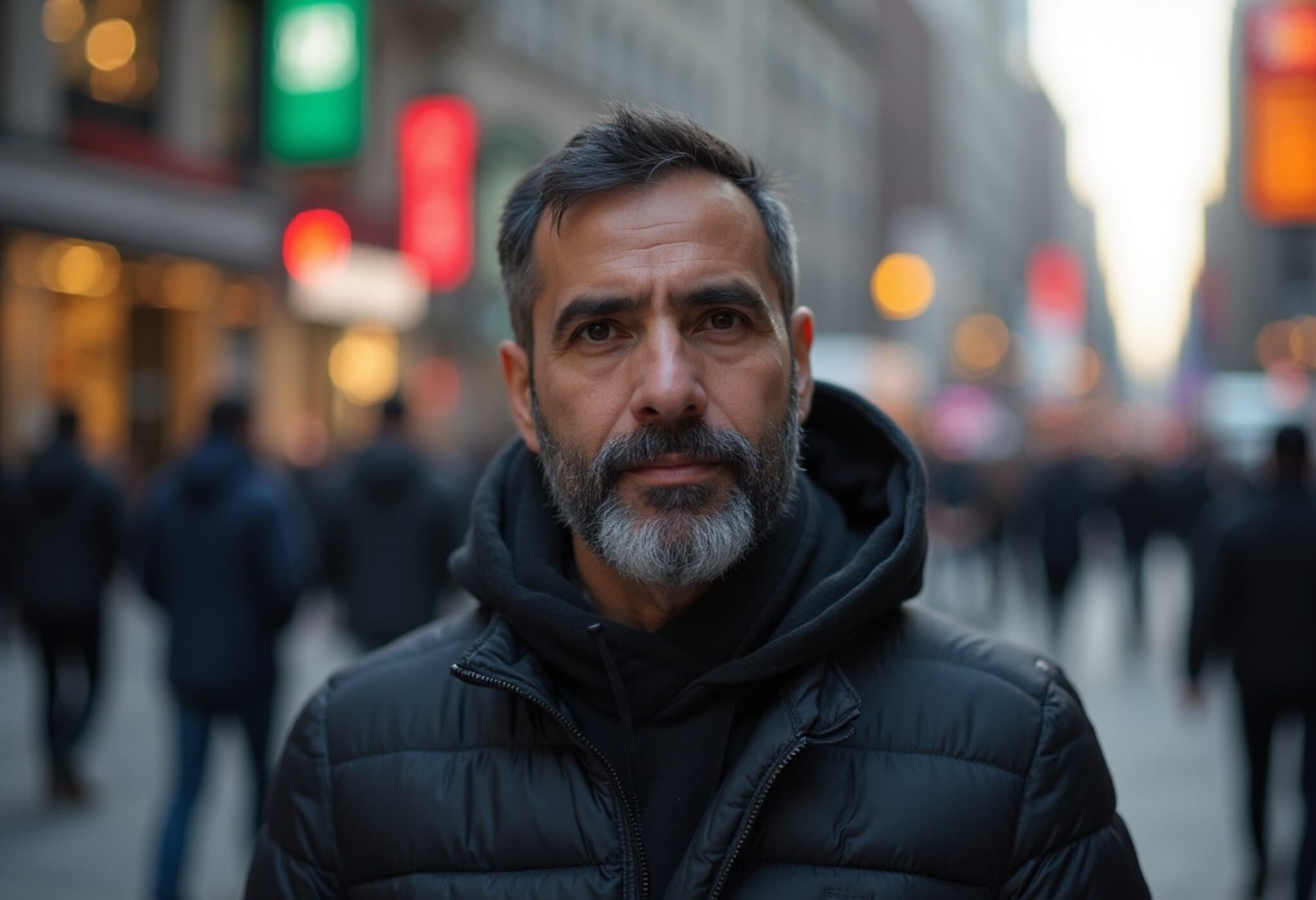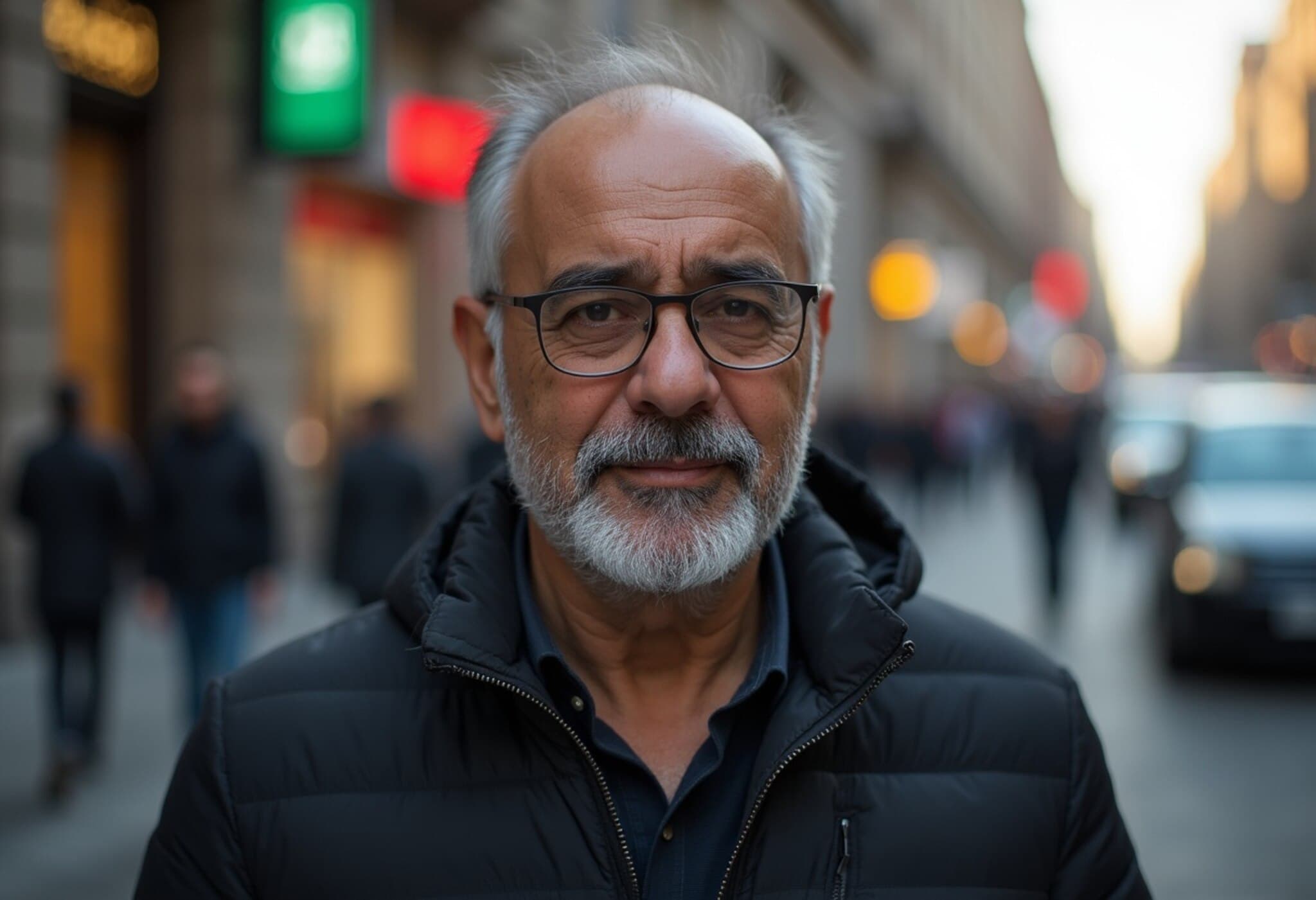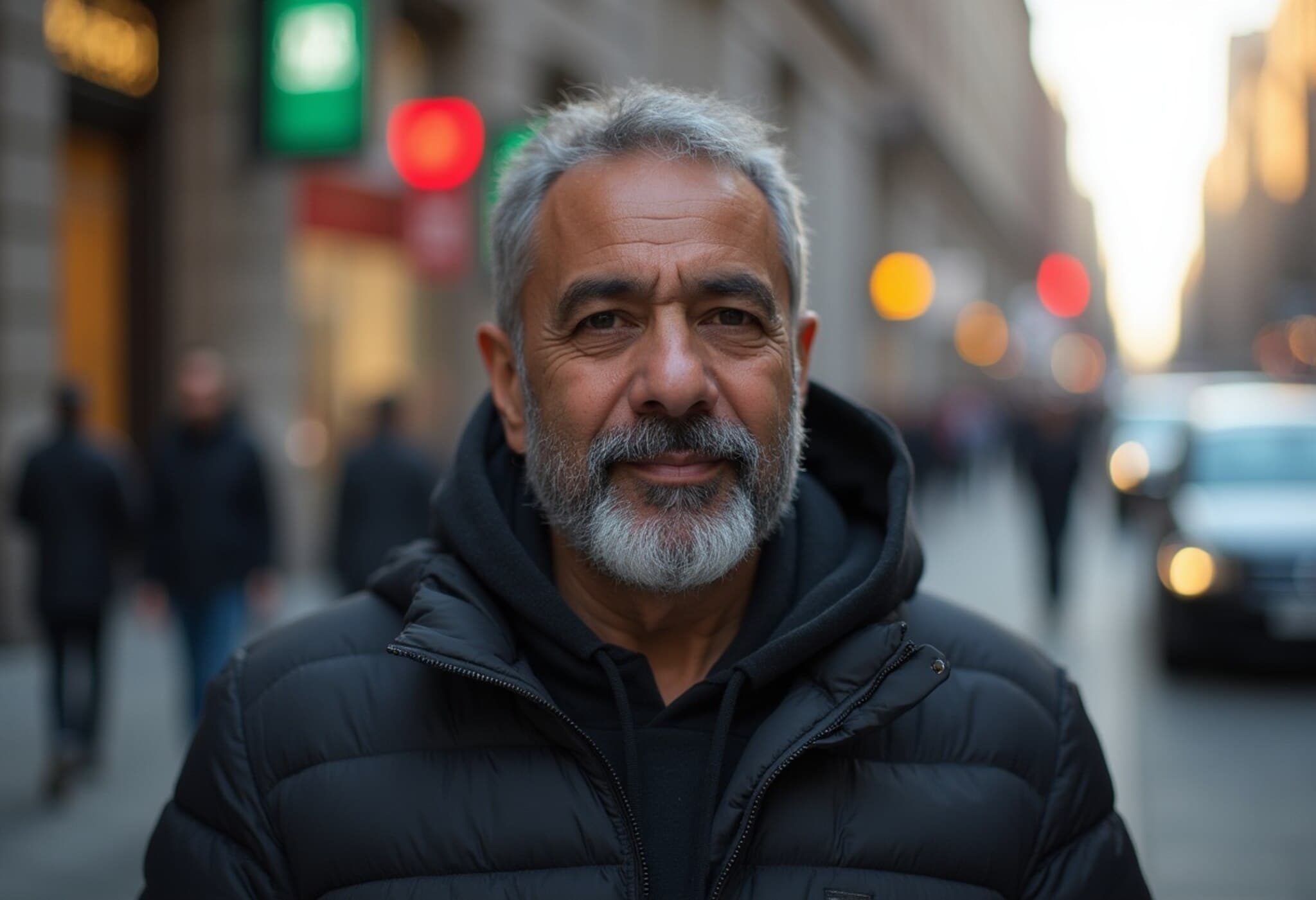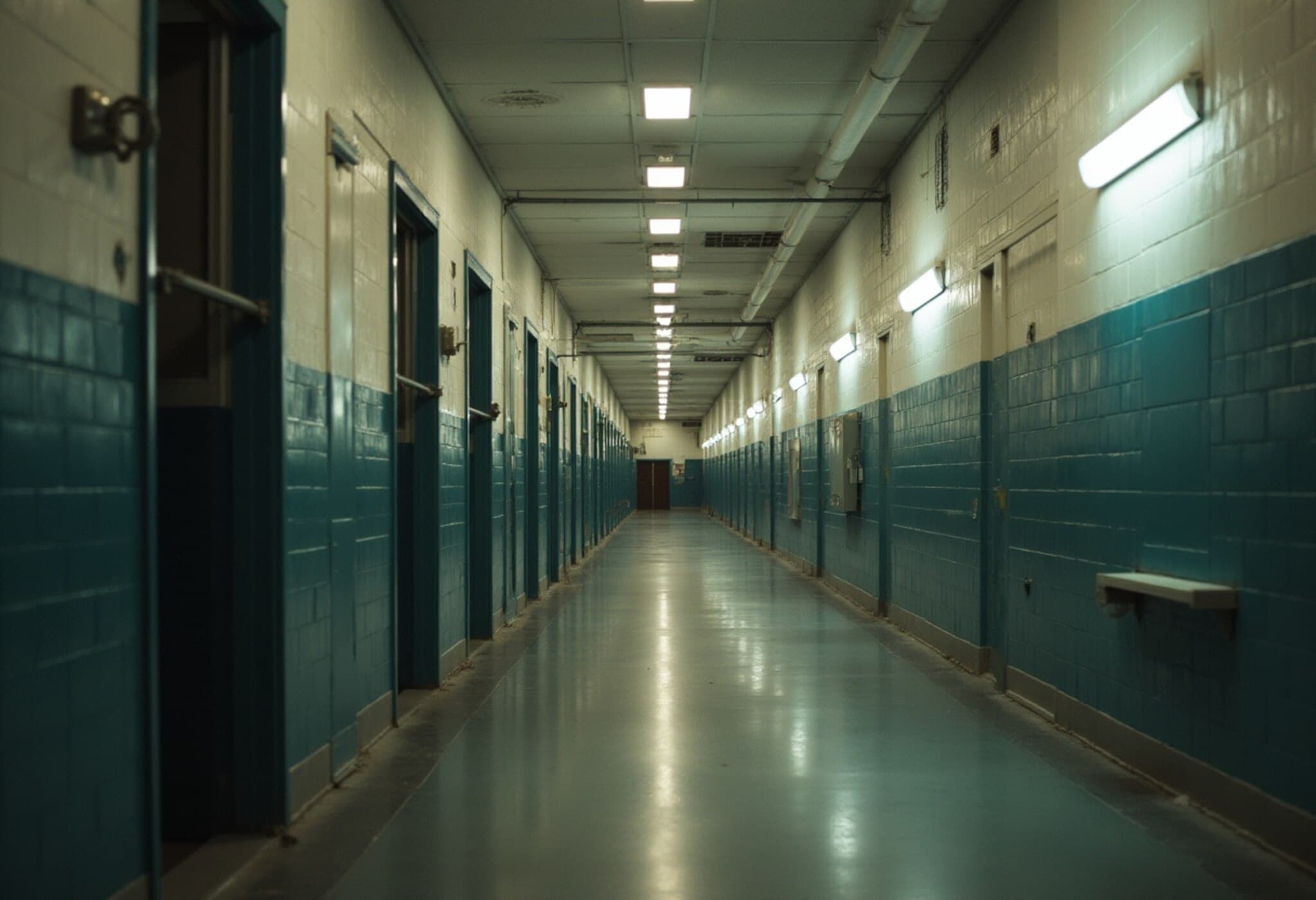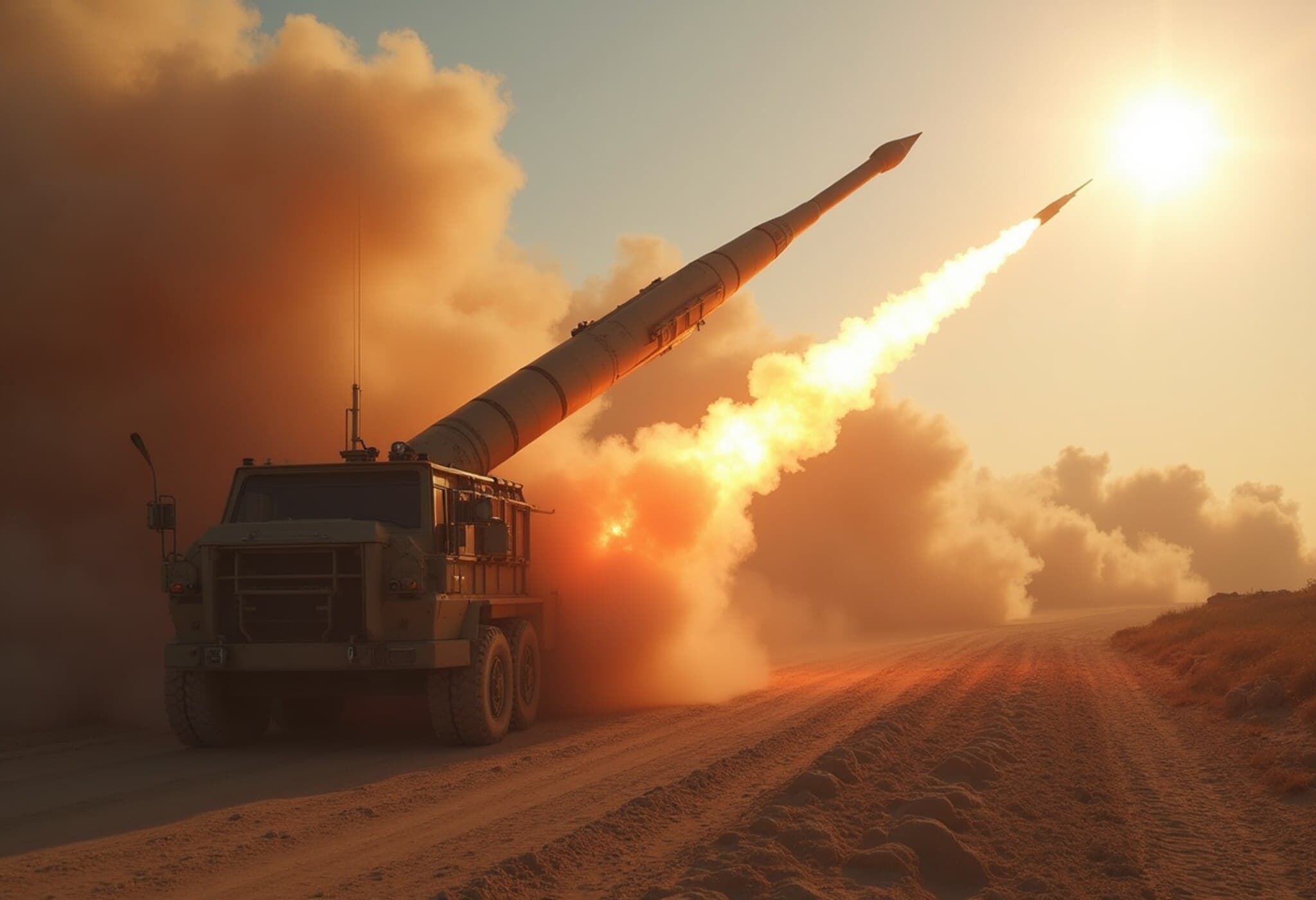Judge Grants Release for Columbia Student Detained Over Pro-Palestinian Activism
A federal judge has ordered the release of Mahmoud Khalil, a former graduate student at Columbia University, following over three months in immigration detention. Khalil’s detention began in early March amid allegations tied to his participation in pro-Palestinian protests on campus and accusations regarding false information on his green card application.
Background of Detention and Legal Developments
Khalil was arrested at his Manhattan apartment on March 8 as part of a broader initiative targeting individuals involved in campus demonstrations related to Israel's military actions in Gaza. His case drew heightened attention because of his prominent role in protests last year at Columbia University, movements that also sparked public demonstrations in New York and Washington, D.C.
The detention emerged during an administration push to deport activists deemed to pose a diplomatic concern. U.S. Secretary of State expressed concern over Khalil’s activism, citing potential "serious adverse foreign policy consequences" for the United States.
Legal Challenges and Arguments
U.S. District Judge Michael Farbiarz, presiding in New Jersey, responded to a petition from Khalil’s legal team requesting either bail or relocation closer to his family, specifically to New Jersey to be near his wife and newborn child. Earlier rulings by Judge Farbiarz had already challenged the government’s authority to continue detaining Khalil solely based on his protest activities.
However, authorities shifted focus, alleging that Khalil, who legally resides in the U.S., had provided false information on his green card application. Specifically, the government claimed he misrepresented his role during a university-approved internship with the United Nations Relief and Works Agency, describing him incorrectly as an officer rather than an intern.
Khalil’s Position and Public Response
Khalil has consistently denied all wrongdoing, maintaining that his application was truthful and transparent. Notably, he has never been arrested in connection to the campus protests themselves, nor has any criminal charge been filed against him related to those demonstrations.
Despite this, his visible presence in the protests attracted criticism, with some officials accusing him of siding with terrorist groups—a claim for which no evidence has been publicly provided.
Human Dimension: Family and Community Impact
The legal proceedings kept Khalil separated from his family, with the recent court order allowing him to be near his wife and their newborn child. This aspect highlights the personal toll of the detention beyond the political and legal controversy.
Looking Ahead
The release order marks a significant moment in the ongoing national debate surrounding activism, immigration enforcement, and free speech rights. It underscores the complexities that arise when political expression intersects with immigration laws and federal priorities.

